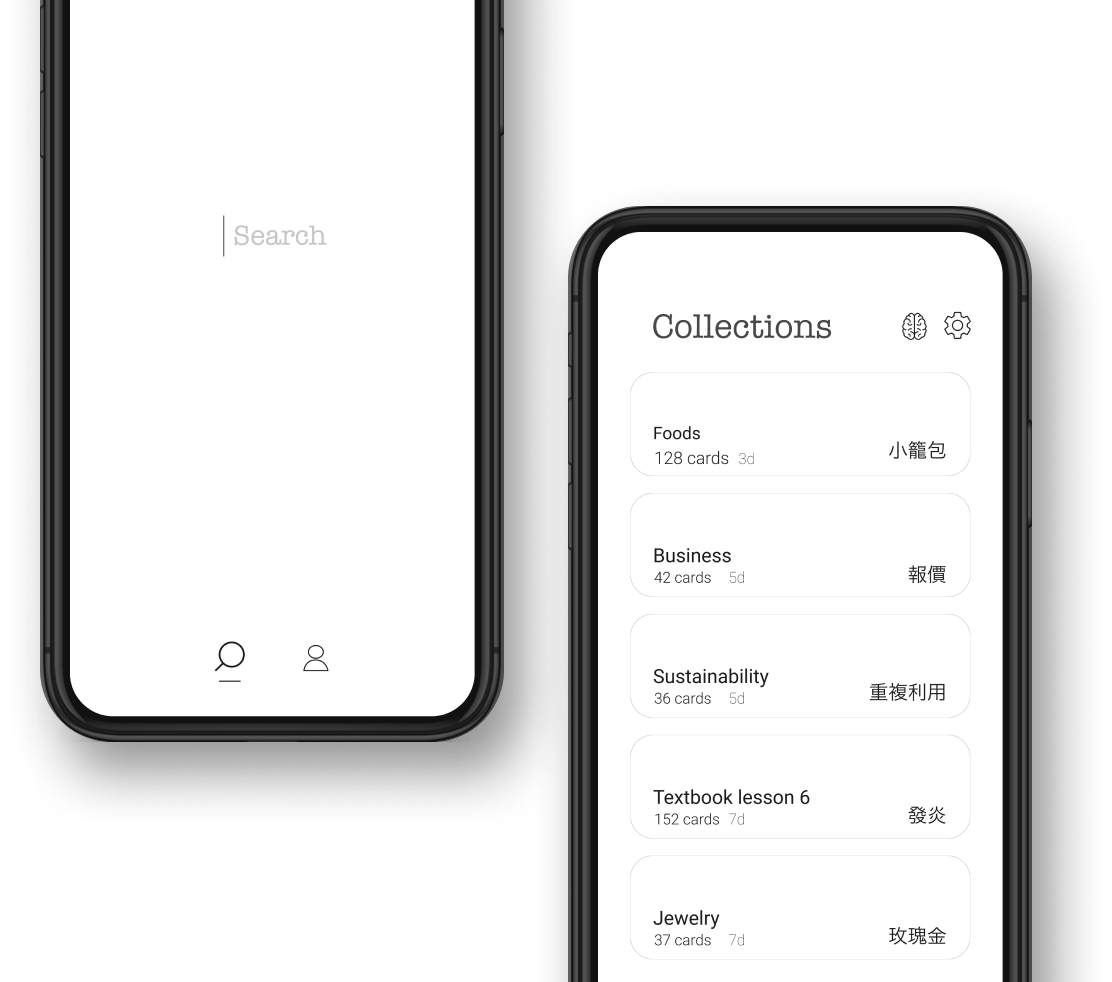Meaning of wán:
玩
to play; to have fun; to trifle with; sth used for amusement; to keep sth for entertainment; variant of 玩[wan2]; Taiwan pr. [wan4]
Háizimen zhèng zài gōngyuán lǐ wán.
孩子们正在公园里玩。
The children are playing in the park.
Háizimen zài gōngyuán lǐ kāixīn de wán.
孩子们在公园里开心地玩。
The children are having fun in the park.
Tā xǐhuān hé péngyǒu yīqǐ qù hǎibiān wán.
他喜欢和朋友一起去海边玩。
He likes to go to the beach to play with friends.
Háizimen zài gōngyuán lǐ wán de hěn kāixīn.
孩子们在公园里x玩得很开心。
The children are having a lot of fun playing in the park.
Háizimen zhèngzài yuànzi lǐ wánshuǎ.
孩子们正在院子里玩耍。
The children are playing in the yard.
Háizimen zài cāochǎng shàng wán de hěn kāixīn.
孩子们在操场上玩得很开心。
The children are playing happily on the playground.
Háizimen zài gōngyuán lǐ wán de hěn kāixīn.
孩子们在公园里玩得很开心。
The children are playing happily in the park.
toy; curio or antique (Taiwan pr. [wan4])
Háizimen zài gōngyuán lǐ kuàilè de wán.
孩子们在公园里快乐地玩。
The children are happily playing in the park.
Wǒ yéye xǐhuān shōují gǔdǒng hé yǒuqù de wánjiàn.
我爷爷喜欢收集古董和有趣的玩件。
My grandfather enjoys collecting antiques and interesting curios.

